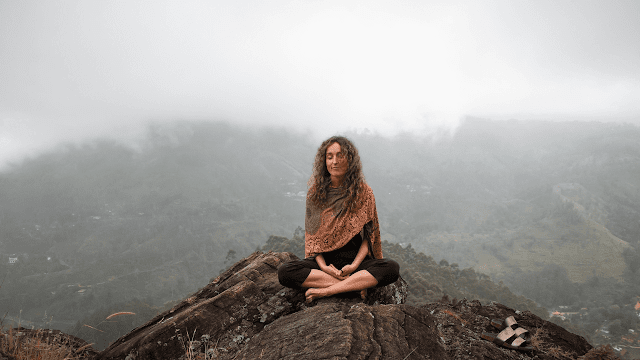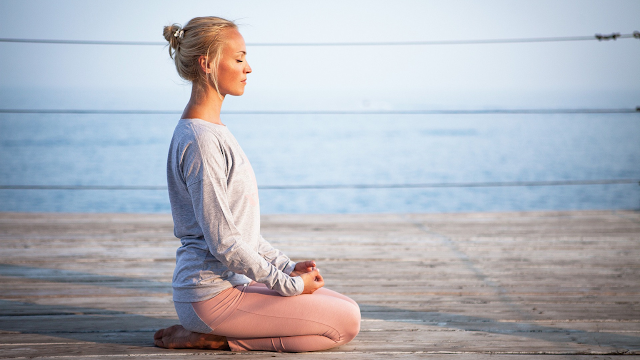Learning to think and converting it to some extent in your life are two very different things and many people reading this now will have trouble adopting this new behavior in a meaningful way. The first problem is that many people get frustrated when they feel their reflex is not "working" and therefore give up. This is the completely wrong way to look at reflection: it's not a means to an end, but rather a relaxing space you can go to when you need to, or a great interlude before starting your day.
This extends to how you start. Many people want things to be perfect quickly and wonder why they didn't achieve enlightenment as quickly as they closed their eyes. That way when hair falls in their face they are stressed because they don't keep doing well and get up.
The next tip is to think hard about how you are going to maintain your reflection training and make it an achievable section of your routine. Several resources will show you how simple it can be to take 10 minutes out of your day.
They will mention that 'everyone' has 5 min. In reality, however, it is not simple. If it were, the entire planet would already be doing it! Most of us are so busy that we legitimately struggle to find 5 minutes of rest, so we need to be realistic about what we can and can't get. Look at it this way: It's much better to exercise for 2 minutes 2 times a week and really stick with it than to try to exercise for an hour a day and give up on the second day.
The best thing to do is figure out a possibility once you're losing your age in the morning or evening. This can happen when your partner showers in the morning or when you get home from work.
Correct breathing to minimize stress.
Whatever it is, most of us have certain short periods of time in our common routine and the great thing about reflection is that you can do it anywhere and without accessories. Even if it's on the train to work or as soon as you get to work 10 minutes early. If you find a 'space' that already exists, it will be much easier to adapt the reflection and maintain it.
.
When reflecting, it is essential to try to remember to breathe correctly. And even better is to try to make it a habit so that your breathing also gets better throughout the day. The fact is that many people do not know how to breathe well and involuntarily breathe incorrectly most of the time. The theory goes that the reason for this is closely related to the way we sit at work.
This is essential if you're trying to minimize stress, as your stress levels remain closely related to the way you breathe. We have already noted that there is a deep connection between physiology, emotions, feelings, and psychology. When we are stressed, we breathe faster and not as deeply. But equally, since we breathe faster and not as deeply, we are more stressed.
Breathing from your stomach means you are relaxing
Now, take both hands and place one on the abdomen and the other on the chest. Now breathe normally. Which hand moves first? Is the hand on your chest and also on your stomach? For most people, the answer is yes. But to be optimally healthy, it must be the stomach. When we are children, this is how we breathe and this is how animals breathe too. However, years of sitting at an office desk or sofa mean that we spend a lot of time with a tight stomach and learn to breathe differently.
Your abdominal musclesThus opening up your abdominal cavity and allowing your diaphragm to drop into this space. This creates more room for the lungs and they will automatically inflate as they grow. So you bring your chest in and open it up to take in even more oxygen, and as a result, you breathe much more deeply. This oxygenates your human body and calms your heart rate and helps you feel less stressed.
By the way, one of the best ways to immediately feel less stressed is to start breathing deeply and in a controlled manner. This puts you in a state of rest and digestion and stops the fight-or-flight response. So if you're about to do an interview or give a presentation, doing some controlled breathing for a while is the perfect antidote to the stress you might be experiencing.




.png)


